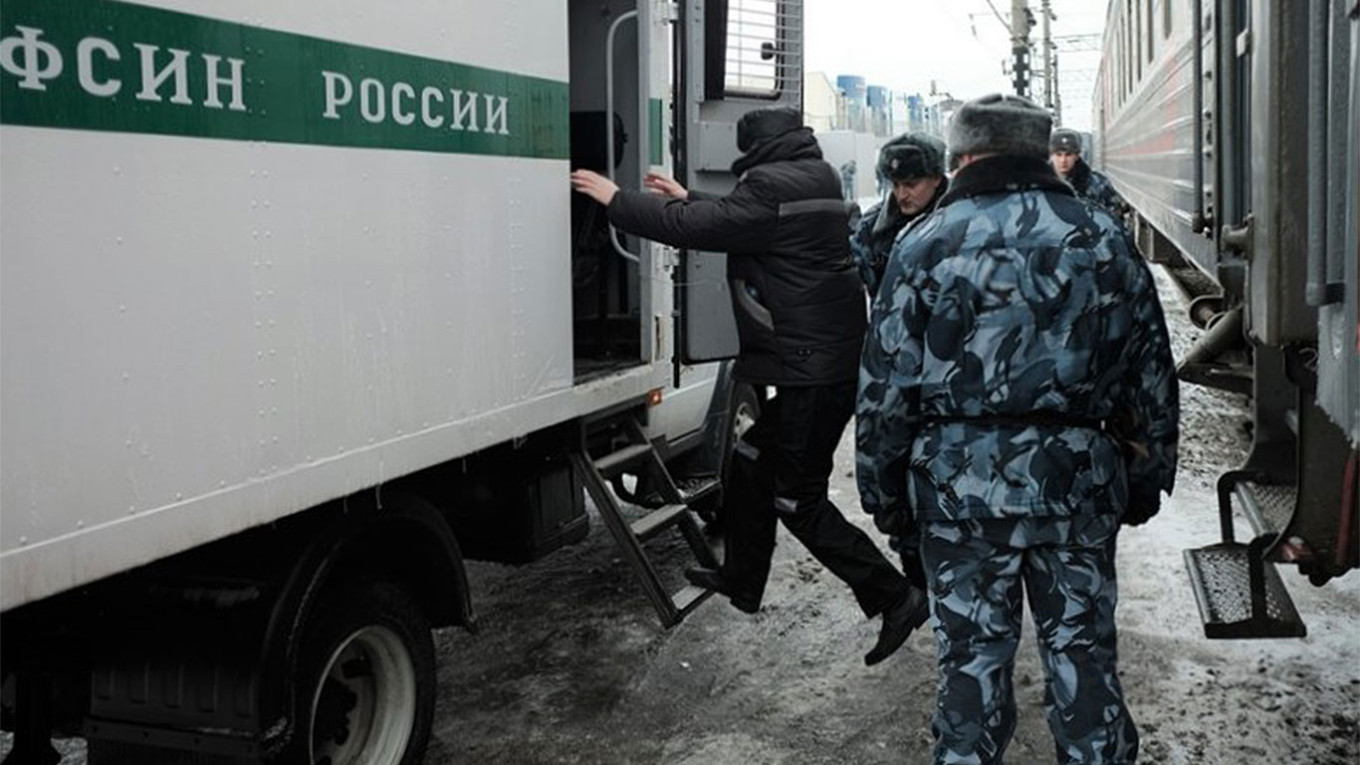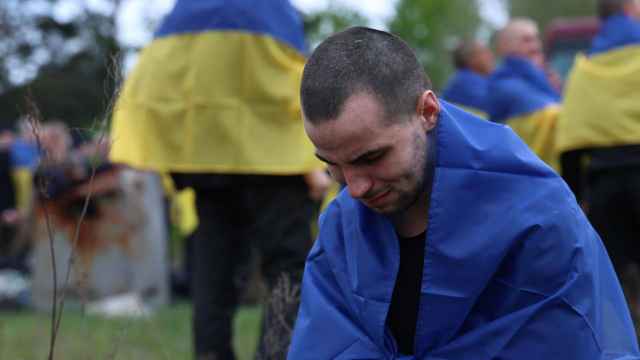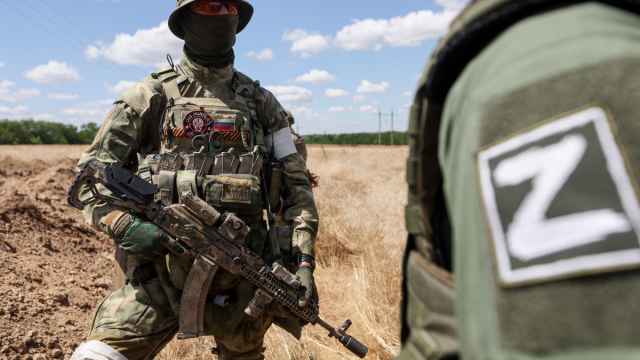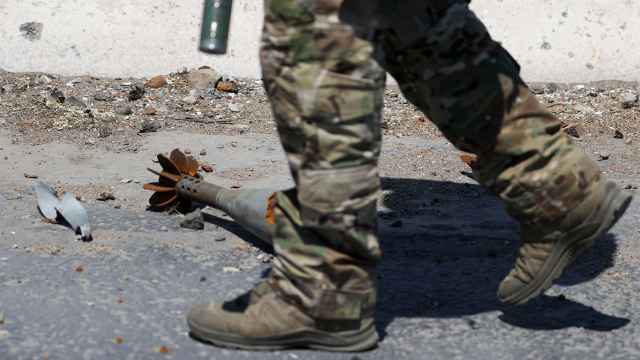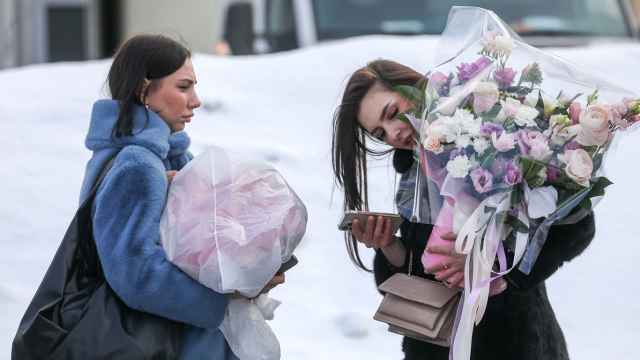Russia has ended its practice of granting presidential pardons to prisoners who agree to fight in Ukraine, instead offering them conditional release and sending them to the front until the war is over, the BBC’s Russian service reported Thursday.
The Wagner mercenary group started recruiting fighters from Russian prisons in the summer of 2022, a process that was taken over by the Defense Ministry in early 2023. Convicts were offered a pardon from President Vladimir Putin if they managed to survive a six-month term on the front lines.
Today, recruited prisoners fight under the same terms as regular contract soldiers and mobilized troops, who are also not allowed to return home until the end of the war, BBC Russian reported.
The outlet cited group chats of recruited prisoners’ family members, the fighters’ relatives and the fighters themselves.
BBC Russian reported that the pardons for convicted criminals had drawn backlash from mobilized soldiers’ families, who have become increasingly vocal in calling on the Kremlin to allow their husbands and sons to return home.
“The fact that former prisoners were in a more privileged position and returned after six months outraged many families of the mobilized,” BBC Russian wrote.
According to BBC Russian, prisoners are granted conditional release, a provision that allows prisoners to be released until the end of their sentence if the court concludes that the person does not need to stay in prison to be reformed.
Dozens of convicts who were pardoned for fighting in Ukraine have returned home and committed new crimes, including rapes and murders, according to media reports.
The Kremlin said in January 2023 that “the entire procedure for pardoning prisoners is carried out in strict accordance with Russian law,” but these pardon decrees have been made secret.
Putin confirmed in June that he was "signing pardon decrees" for prisoners fighting in the war zone.
“The negative consequences are minimal,” Putin said, claiming that the recidivism rate among the convicts who went to Ukraine was only “0.4%” while for ex-convicts in general “in some cases it goes up to 40%."
A Message from The Moscow Times:
Dear readers,
We are facing unprecedented challenges. Russia's Prosecutor General's Office has designated The Moscow Times as an "undesirable" organization, criminalizing our work and putting our staff at risk of prosecution. This follows our earlier unjust labeling as a "foreign agent."
These actions are direct attempts to silence independent journalism in Russia. The authorities claim our work "discredits the decisions of the Russian leadership." We see things differently: we strive to provide accurate, unbiased reporting on Russia.
We, the journalists of The Moscow Times, refuse to be silenced. But to continue our work, we need your help.
Your support, no matter how small, makes a world of difference. If you can, please support us monthly starting from just $2. It's quick to set up, and every contribution makes a significant impact.
By supporting The Moscow Times, you're defending open, independent journalism in the face of repression. Thank you for standing with us.
Remind me later.


